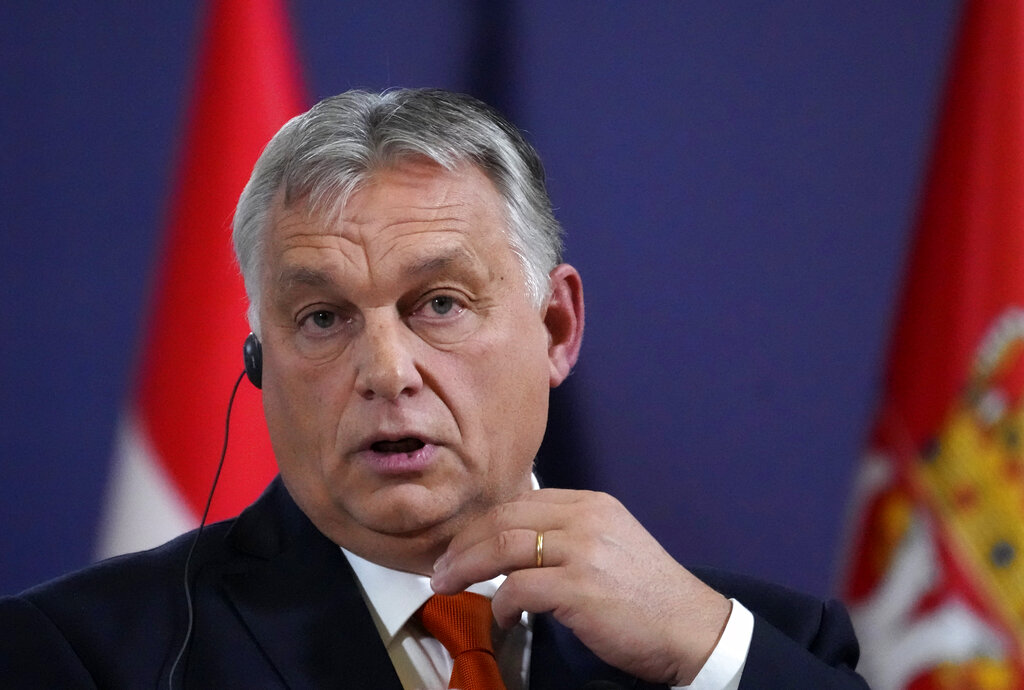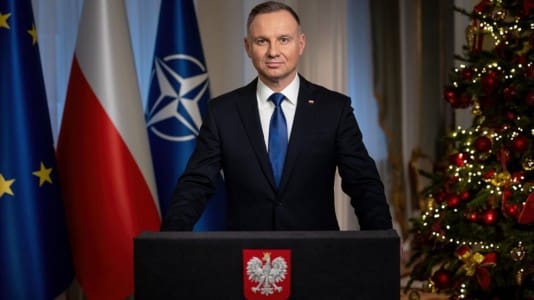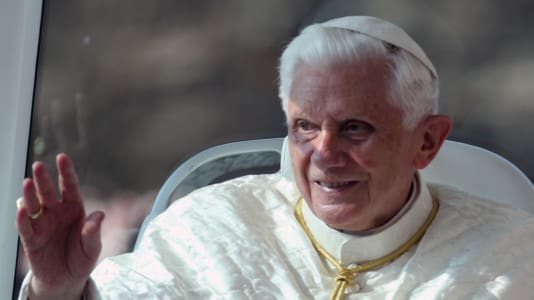However significant Viktor Orbán and Hungary may be, it is Germany whose voice is decisive inside the EU. The fact that it is Orbán’s conciliatory statements on Russia that are highlighted rather than similar and even more far-reaching statements from Chancellor Scholz, French President Macron, Bulgarian President Radev, or Croatian President Milanovic, is enlightening.
Hungary, just as it has often been very critical of Brussels verbally but very pragmatic inside the European Council, has also verbally demonstrated its differences with Brussels regarding Russia while in the end always agreeing to sanctions imposed on that country.
In fact, Belgium was the last country to raise the veto, but since it is not governed by the right, no one complains.
Hungary has used every debate on sanctions to fight for its own interests, which has often weakened sanctions. However, very similar exceptions have been secured by Italy, which can, for instance, continue to export clothes and shoes to Russia, something Italy secured before Giorgia Meloni came to power flanked by Matteo Salvini and Silvio Berlusconi.
But it is the Meloni government that gets attacked in the Western media for what it might do in the future with regard to Russia, whereas all is quiet about what the previous left-leaning administration already did.
Orbán and Hungary are under the EU’s boot because the leftist majority always attacks the right, whereas it deliberately stays silent on the pro-Moscow policies that had been pursued by left and liberal-leaning governments. It is hypocritical and an example of schizophrenia to criticize Hungary for sins that have been and still are being committed by Western governments.






